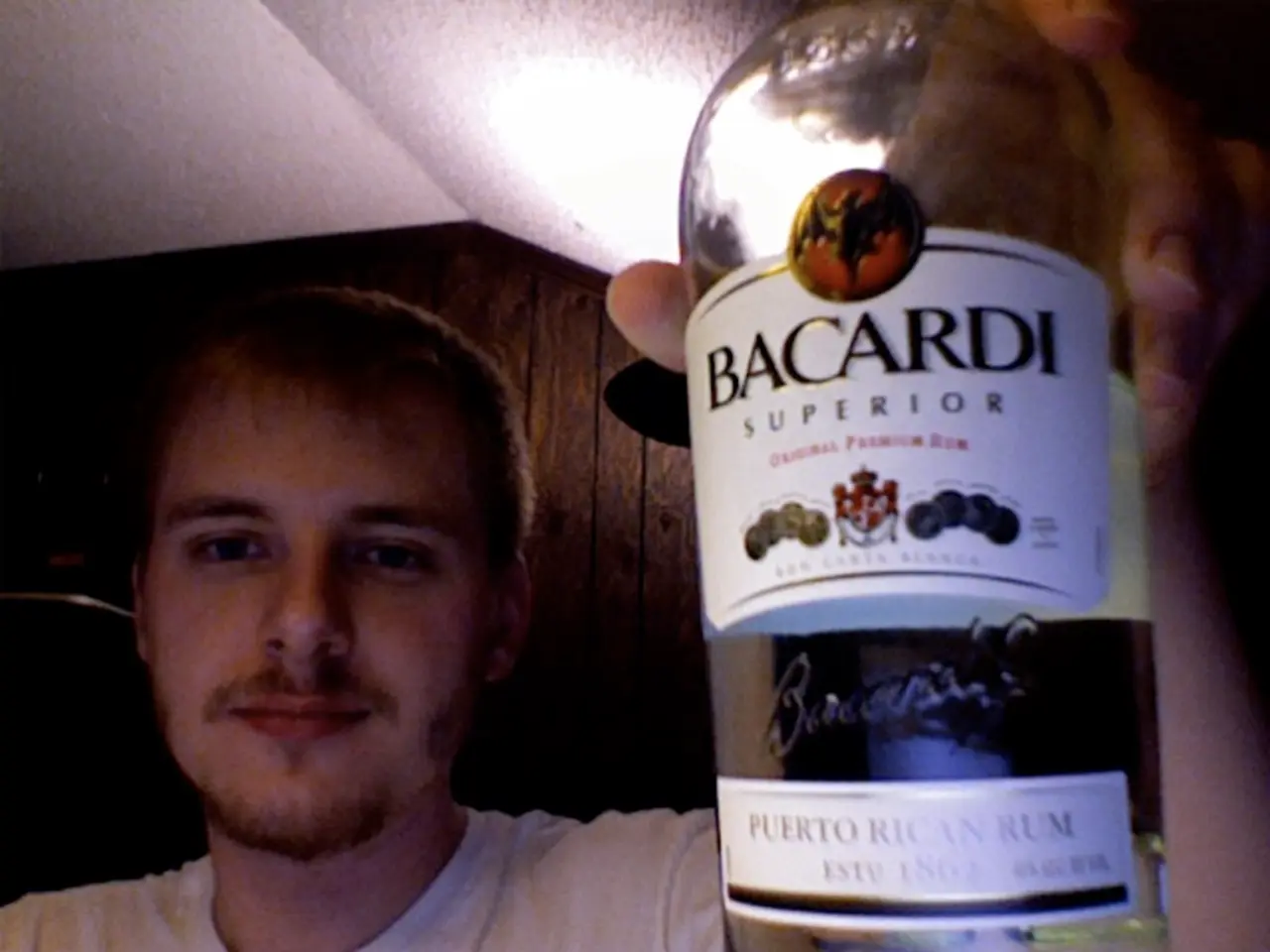Treating gastritis with Carafate: Understanding the Advantages and Precautions
In the realm of gastrointestinal health, Carafate, a medication manufactured by Aptalis Pharma Canada ULC, stands out as a valuable treatment option for gastritis and duodenal ulcers. The active ingredient in Carafate is sucralfate, a compound that provides a protective barrier for the gastric mucosa.
Gastritis, a condition characterised by inflammation of the stomach lining (also known as the intestinal mucosa), can manifest in symptoms such as pain or discomfort in the upper abdomen, nausea or vomiting, feeling full too soon, loss of appetite, and weight loss. Carafate comes in the form of a liquid pink suspension, making it easy to administer.
Sucralfate offers several benefits in an inflamed gut. It forms a protective layer, decreasing the activity of pepsin, increasing mucus and bicarbonate production, and promoting tissue growth, regeneration, and repair. This makes it especially useful in managing the symptoms of stress gastritis and NSAID-induced gastropathy.
However, it's important to note that sucralfate may not be suitable for everyone, particularly those with chronic kidney disease or those receiving dialysis, as it may cause toxicity. Additionally, its use should be carefully considered when combined with other medications and vitamins, and individuals should consult a healthcare professional before using it.
When compared to other treatments for gastritis, Carafate acts as a mucosal protectant that promotes ulcer and gastritis healing. While it does not suppress acid production like proton pump inhibitors (PPIs) or potassium-competitive acid blockers (P-CABs), it offers a safer profile regarding systemic side effects.
PPIs and P-CABs, such as vonoprazan, are superior in achieving acid suppression crucial for healing gastritis and associated ulcers. They are notably effective in eradicating Helicobacter pylori infections, especially antibiotic-resistant strains. P-CABs maintain higher gastric pH throughout the day than conventional PPIs, improving outcomes in Helicobacter pylori eradication therapy.
Antacids provide rapid symptomatic relief by neutralizing stomach acid but do not promote mucosal healing or eradicate infections, making them adjunctive rather than primary treatments. For Helicobacter pylori-positive gastritis, antibiotic regimens combined with acid suppression (often P-CABs or PPIs) are recommended for eradication.
Probiotics are another beneficial treatment for Helicobacter pylori infection, the cause of gastritis. Other causes of gastritis include autoimmune gastritis, reactive gastropathy, stress gastritis, and long-term contact with substances that irritate the stomach like NSAIDs, alcohol, and bile reflux.
In addition to Carafate, treatments for gastritis may include a variety of options such as PPIs, P-CABs, H2 receptor antagonists, antacids, and antibiotics if Helicobacter pylori is detected. Healthcare professionals recommend treatments based on the type of gastritis someone has, and they may treat the underlying cause with antibiotics or dietary changes.
Beta-glucans, found in oats, may also be beneficial for gastritis. A 2021 study indicated that administering pure oat beta-glucan preparations for 30 days reduced gut damage and other parameters of gastritis in participants with a doctor's diagnosis.
Carafate takes 1-2 weeks to start healing an inflamed stomach, and people should continue the medication for 4-8 weeks, depending on their doctor's advice. For a duodenal ulcer, doctors typically prescribe 1 gram (g) four times per day for 8 weeks, followed by 1 g twice daily for maintenance therapy.
It's important to note that the Food and Drug Administration (FDA) approves sucralfate for treating duodenal ulcers for up to 8 weeks. However, the FDA has not established if sucralfate is safe for pregnant people, those who are nursing, or infants.
In a 2020 review, doctors were found to favour proton pump inhibitors for gastritis, but they should also consider sucralfate due to its favourable safety and toxicity profile and superior rates of gut healing.
In summary, Carafate is effective and safe as a mucosal protectant for gastritis and ulcer healing, particularly in NSAID-induced cases. However, acid suppression via PPIs or P-CABs offers more potent therapy, especially when Helicobacter pylori infection or acid hypersecretion plays a key role. Carafate may be used alone or adjunctively but generally does not replace acid suppression or antibiotic therapy where indicated.
- Carafate, given its ability to form a protective barrier for the gastric mucosa, is a valuable treatment for conditions such as gastritis and duodenal ulcers, which can be characterized by inflammation of the stomach lining.
- Nutrition plays a crucial role in maintaining gastrointestinal health, and a 2021 study indicated that administering pure oat beta-glucan preparations for 30 days reduced gut damage and other parameters of gastritis.
- When considering therapies and treatments for gastritis, healthcare professionals may recommend a variety of options, including Carafate, proton pump inhibitors (PPIs), potassium-competitive acid blockers (P-CABs), H2 receptor antagonists, antacids, and antibiotics if Helicobacter pylori is detected. The choice of treatment depends on the type of gastritis and the underlying cause.




